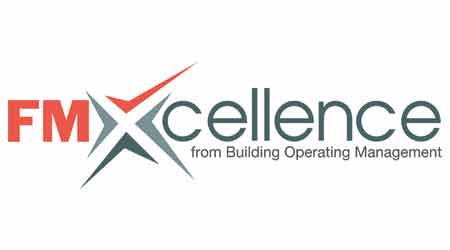Honoree: University of Arizona
Project: Excellence in Succession Planning
Part 4 of a 5-part article about the winners of the 2015 FMXcellence awards from Building Operating Management magazine
Necessity often being the mother of invention, a looming retirement crisis drove the University of Arizona to implement an apprenticeship program that would build a system of staff replenishment and retention into its facilities department.
The school, which has a facility staff of about 560 managing 11 million square feet, took a look at the 10-year tenure horizon in its shops, which include custodial, maintenance, utilities, and renovations, and the view was dire. Some shops would be losing 60 to 80 percent of their employees to retirement, says Christopher Kopach, assistant vice president of facilities management. And it’s not just at universities — Baby Boomer retirements will create huge challenges across the country if facility managers don’t have replenishment plans in place, he says.
Arizona’s solution was to establish a four- to five-year apprenticeship program, combining class work with 8,000 hours of on-the-job experience under the guidance of mentors experienced in the chosen trade, and culminating in journeyperson certification. The school pays 75 percent of the education for the students, who are often right out of high school.
“The program,” explains Jenna Elmer, assistant HR director, “provides a well-defined path for an apprentice to complete the coursework and work experience to achieve journeyperson certification in four to five years, while receiving a salary and benefits.” The university in turn gets a pipeline of trained, motivated workers who become familiar with the campus culture, facilities, and infrastructure and, it hopes, will decide to stay on and immediately fill future vacancies.
In getting the program going, the planning team sought a variety of partners, including the local community college, local high schools, job placement units in Tucson, and transition centers at local military bases. Like Sheridan College, it pulled in all the stakeholders early, including many university departments, and got them onboard.
For the first apprentice class, the school picked a dozen people from about 145 applicants to augment the workforce in the school’s plumbing, electrical, and HVAC trade shops. This month, 11 will finish their second year and the second class is being planned for apprentice training on chillers, turbines, and HVAC. The school is also exploring training in locksmithing and elevator-mechanics specialties.
Well-chosen mentors and a support network aim not only to build students’ technical knowledge but also good attitudes, a quality-work ethic, and a sense of initiative, as well as to help them handle any school or personal challenges that may arise, Kopach says. “It’s really a pleasure watching them develop.”
The program is a two-way street, with mentors and apprentices learning from and encouraging each other, Elmer says. “Mentors have the opportunity to pass on their acquired technical and institutional knowledge and skills to a new generation. In the process, mentors renew their training and experience as they guide the apprentices towards proficiency, and benefit from the apprentices’ fresh perspectives and recent classroom training. An entire shop’s culture changes as they cooperate with the mentors to train and include the apprentices.”
Related Topics:
















